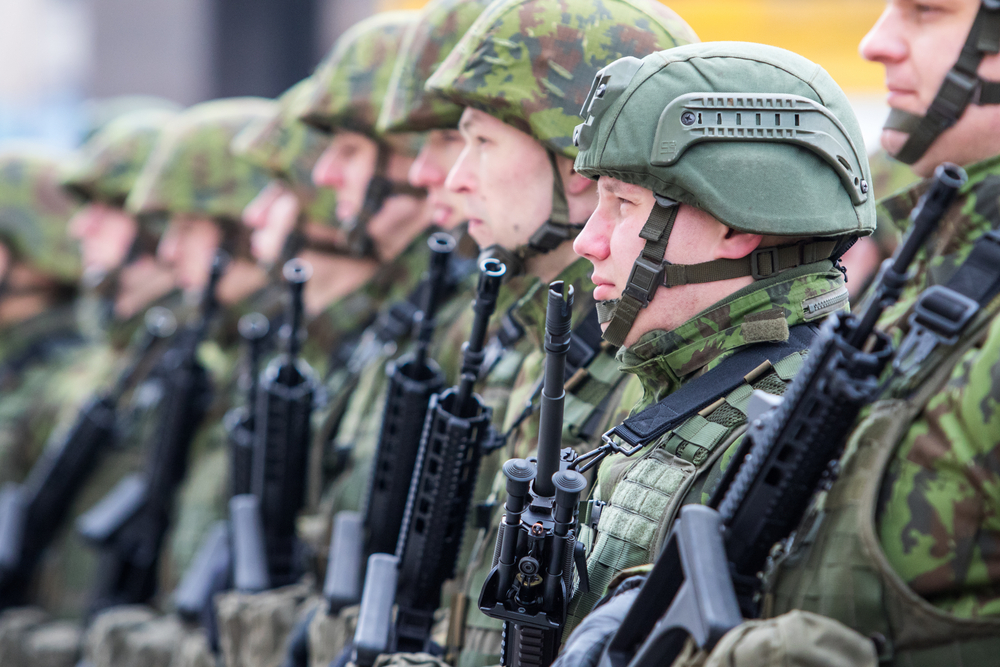Collective Collapse or Resilience? European Defense Priorities in the Pandemic Era

Practical information
To what extent has the COVID-19 pandemic affected defense priorities across Europe?

One year after the pandemic hit Europe, this webinar will discuss the findings of a new Ifri report providing a comparative assessment of the impact of the pandemic on the foreign and defense policies and spending levels of ten different European countries. Although the COVID-19 pandemic is far from over, it has already brought short-term and long-term challenges for European countries and their security policies. Although uncertainty remains about the long-term effects of the current crisis, the ten different case studies highlight that, contrary to initial pessimistic assessments, the pandemic has so far had a modest impact on defense and security policies.
This webinar will be held in English.
Programme:
Chair: Corentin BRUSTLEIN, Director of the Security Studies Center, French institute of international relations (Ifri)
Speakers:
- Charly SALONIUS-PASTERNAK, Senior Research Fellow, Finnish Institute of International Affairs (FIIA)
- Claudia MAJOR, Head of the International Security Research Division, German Institute for International and Security Affairs (SWP)
- Yvonni EFSTATHIOU, Political Officer, EU Delegation to the United Arab Emirates
- Alessandro MARRONE, Head of Defense Program, Istituto Affari Internazionali (IAI)
- Marcin TERLIKOWSKI, Head of International Security Program, Polish Institute of International Affairs (PISM)
- Peter WATKINS, Visiting Professor, King's College London and Associate Fellow, Chatham House
Discussant: Claude-France ARNOULD, Advisor on European Affairs, Ifri, and former French Ambassador to Belgium
Related Subjects
Other events

Paris Naval Conference 2026: Naval Rearmament and Operations in Contested Waters
This fourth edition of the Paris Naval Conference (CNP), bringing together high-level military, industrial, and academic speakers, will address the challenges associated with general naval rearmament and naval operations in increasingly contested environments.





